The Independent's journalism is supported by our readers. When you purchase through links on our site, we may earn commission. Why trust us?
Best menopause supplements as recommended by experts
Specialist menopause nutritionist Emma Bardwell shares her top non-negotiable supplements
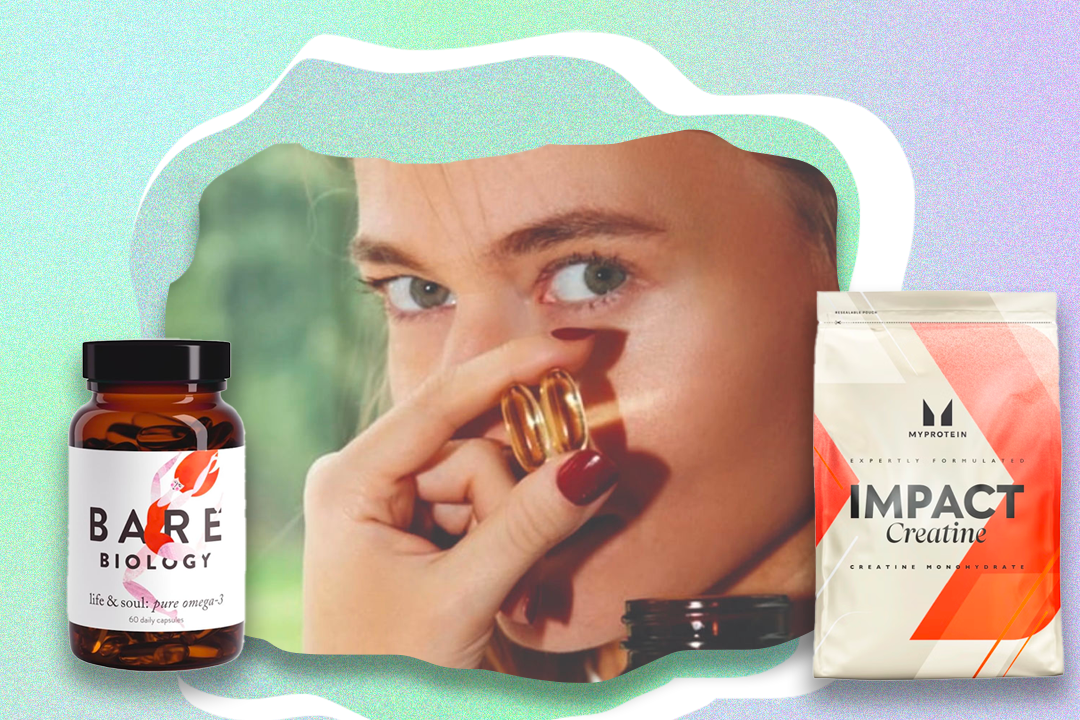
Your support helps us to tell the story
From reproductive rights to climate change to Big Tech, The Independent is on the ground when the story is developing. Whether it's investigating the financials of Elon Musk's pro-Trump PAC or producing our latest documentary, 'The A Word', which shines a light on the American women fighting for reproductive rights, we know how important it is to parse out the facts from the messaging.
At such a critical moment in US history, we need reporters on the ground. Your donation allows us to keep sending journalists to speak to both sides of the story.
The Independent is trusted by Americans across the entire political spectrum. And unlike many other quality news outlets, we choose not to lock Americans out of our reporting and analysis with paywalls. We believe quality journalism should be available to everyone, paid for by those who can afford it.
Your support makes all the difference.It’s the beginning of a new year, which means many of us are thinking about wellbeing, and women’s health fits under that umbrella. With celebrities such as Davina McCall, Patsy Kensit and Gwyneth Paltrow all speaking candidly about their own experiences, the menopause revolution continues to empower and support those at this life stage.
The menopause occurs when a woman no longer ovulates and her periods stop. At this point, her oestrogen and progesterone levels decrease. While the average menopause age is 51, hormones can begin fluctuating at around 45 – this is known as perimenopause and symptoms such as hot flushes, fatigue, anxiety, and joint pain can appear from then onwards.
However, less focus is given to different menopause experiences. The early menopause begins before the age of 45 and this is different to premature ovarian insufficiency, which happens under the age of 40. Alternatively, if a woman’s ovaries are removed during surgery – due to conditions such as cancer or endometriosis – this will result in what is known as surgical menopause, where symptoms begin immediately.
These hormonal changes significantly impact the nutrient values our bodies need. First and foremost, specialist menopause nutritionist and co-author of The Perimenopause Solution (from 99p, Amazon.co.uk) Emma Bardwell impresses the importance of dietary changes. In particular, Bardwell says women should ensure they are consuming enough protein, calcium and fibre.
When it comes to supplements, many are now being marketed for menopause and ‘meno washing’ has become a concern – so, we’re keen to inform your shopping choices with an expert-approved list.
Keep scrolling to find out which supplements Bardwell suggests taking (and why), to help support brain, bone, heart and eye health during menopause.
Bare Biology life & soul omega-3 fish oil daily capsules: £31.95, Amazon.co.uk
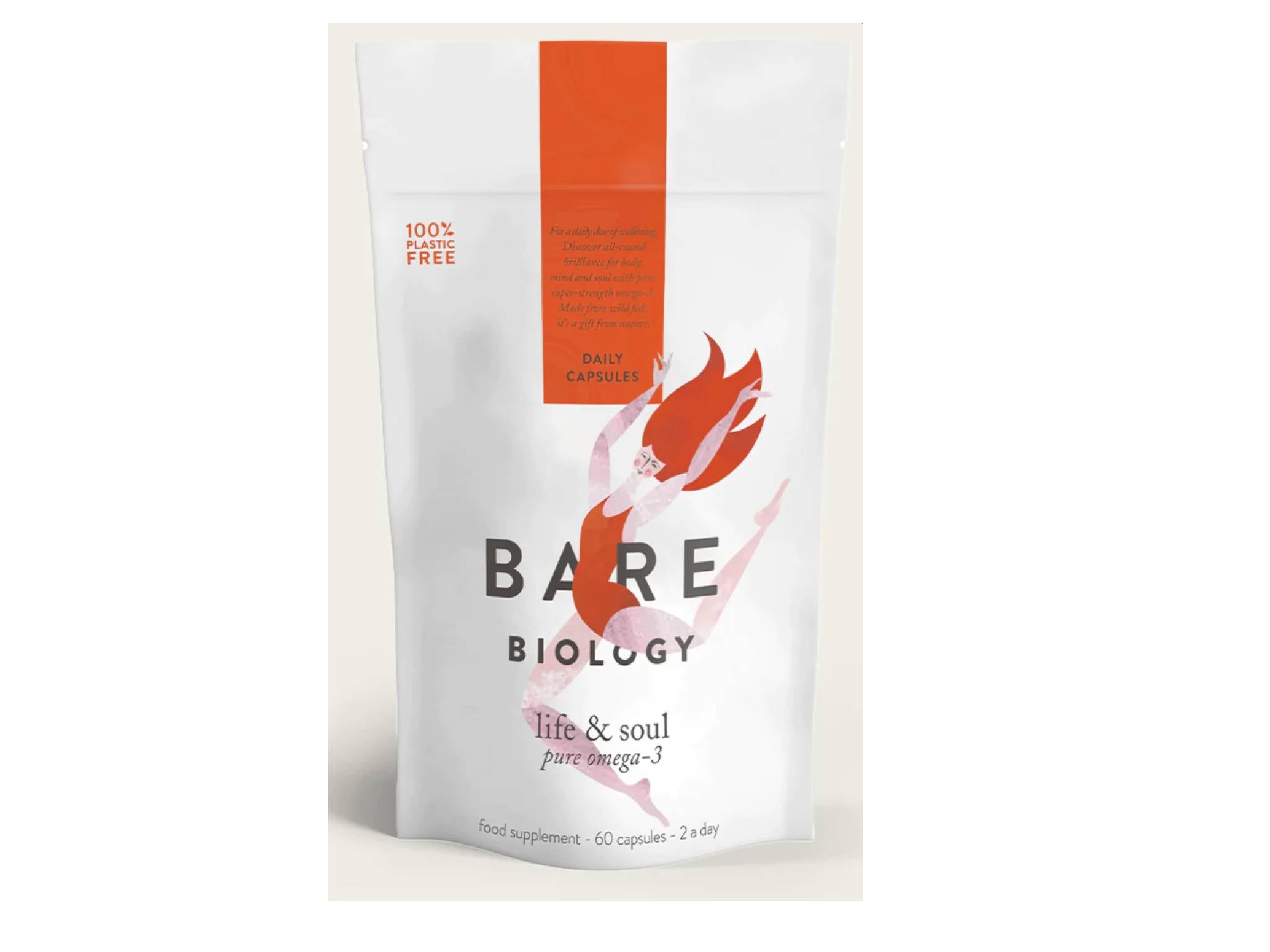
“Omega 3 is a potent anti-inflammatory and useful for brain, heart and eye health,” Bardwell says, and it is also recommended for helping with menopausal joint pain. There are 60 capsules included in this plastic-free pouch, and the daily usage is two per day. These flavourless capsules provide two types of omega 3 – EPA and DHA – and are made from Norwegian fish oil. They contain the equivalent amount of omega 3 as a tin of sardines, can be taken at any time of day and are gentle on your stomach.
Bare Biology vim & vigour vegan omega 3 & astaxanthin capsules: £31.95, Amazon.co.uk

For a vegan-friendly source of omega 3, these Bare Biology capsules also contain EPA and DHA and are made from algae instead of fish oil. Packaged in the same paper pouch as the option above, they’re flavourless and gentle on your digestive system. Regardless of the menopause, these supplements are a particularly useful source of omega 3 if your diet is plant-based.
Myprotein creatine monohydrate powder, 250g: £7.99, Myprotein.com
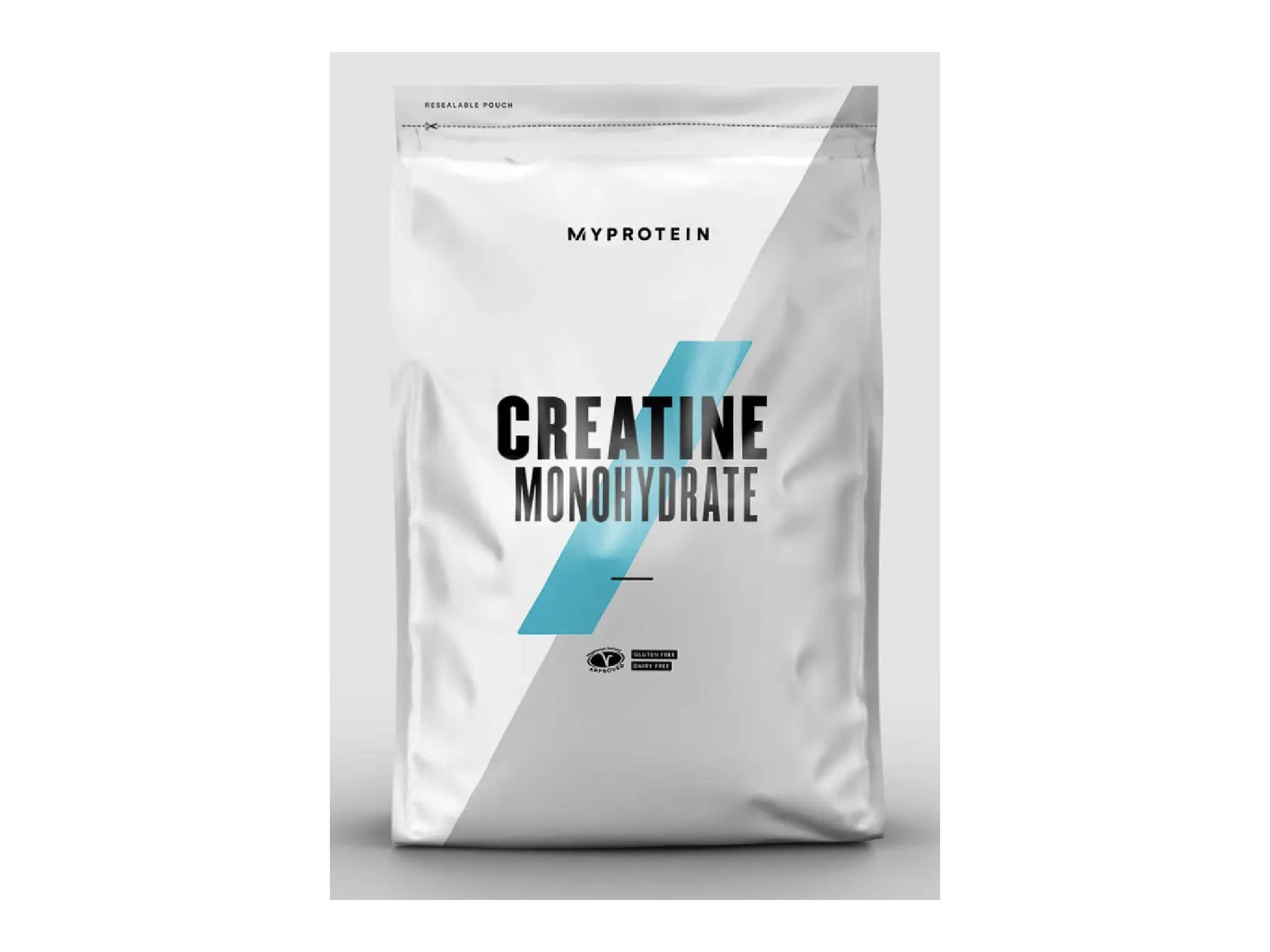
“A number of large studies show that 3-5g of creatine monohydrate a day can help with performance, muscle-building, strength and even, possibly, memory,” Bardwell explains. This unflavoured powder is the form Bardwell uses, and it is both vegan-friendly and gluten-free. Add one 3g scoop to 150-250ml of water, before shaking it up and drinking the mix once a day, either before or after exercise.
NutriAdvanced vitamin D3 with K2 liquid drops: £21.95, Amazon.co.uk
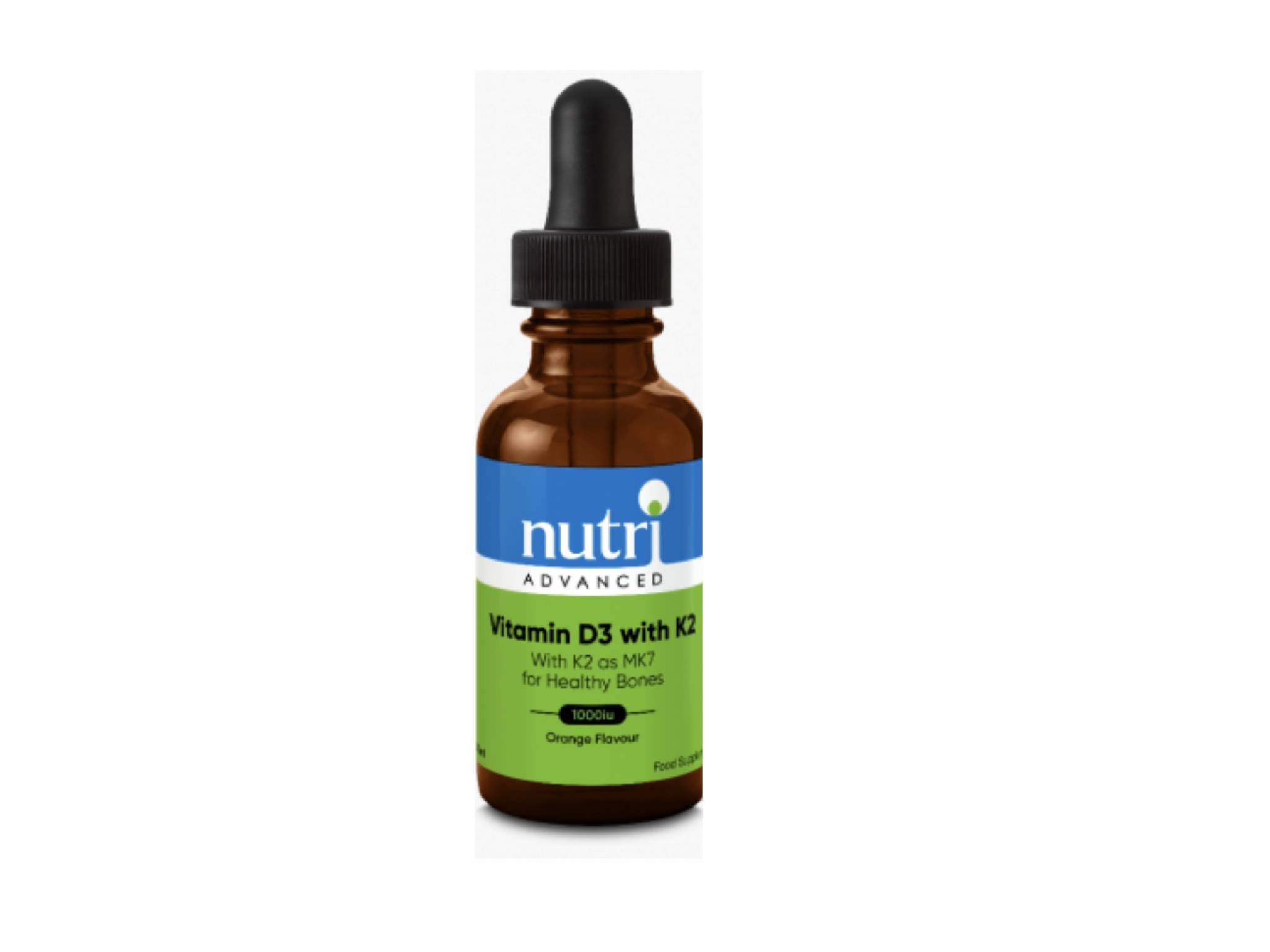
As Bardwell explains, “D3 and K2 are needed for bone and muscle health, mood and immunity,” and she says these liquid drops could help with joint pain, too. There are around 333 drops inside, and it’s recommended you take three drops once or twice a day, so the 30ml bottle will last roughly between six to 12 months, depending on usage. The liquid has an orange flavour and it’s suitable for vegetarians.
Pure Encapsulations B-complex plus: £28.55, Amazon.co.uk
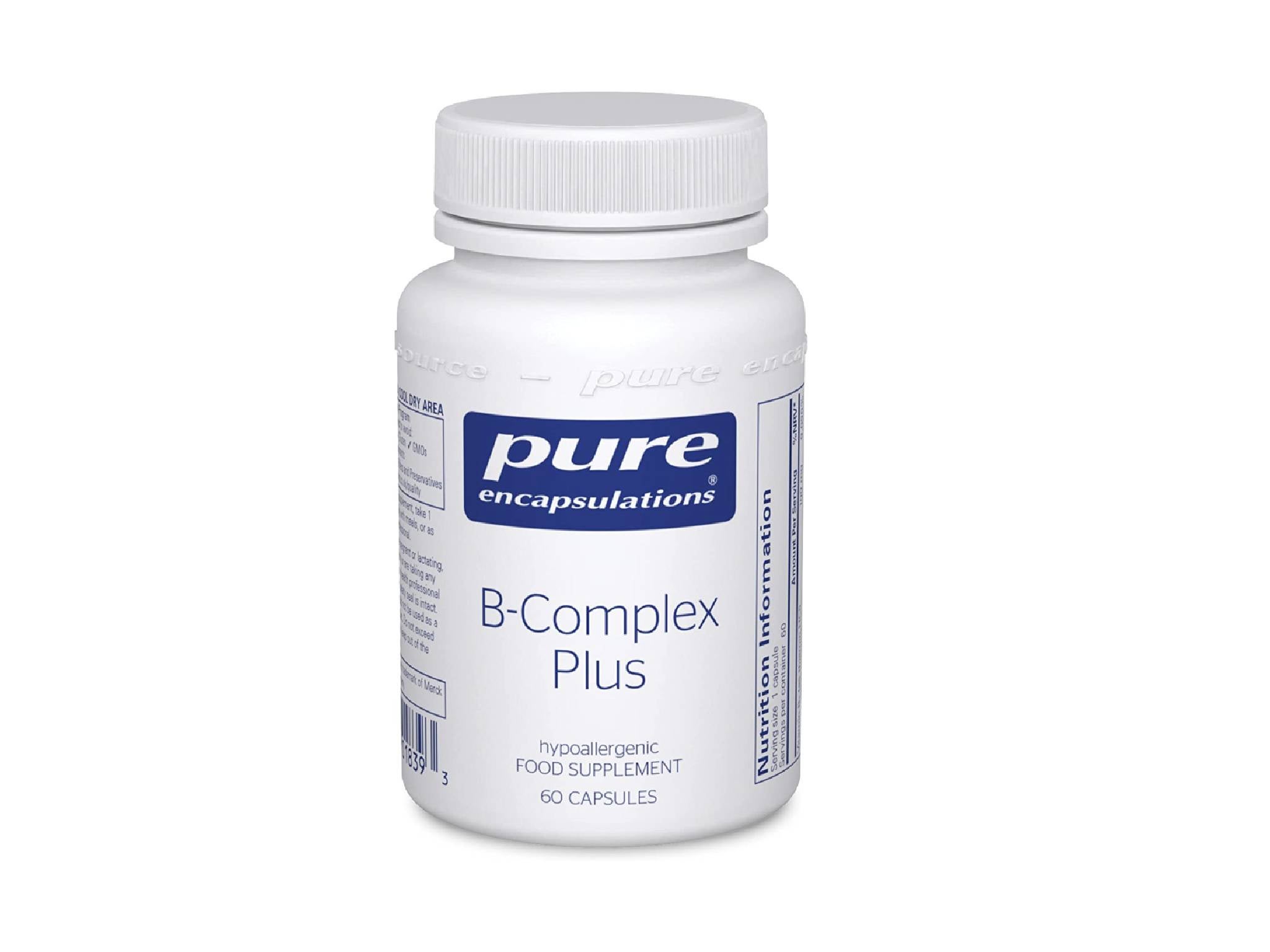
This B vitamins complex “helps with nervous system support and reduction of tiredness and fatigue”, according to Bardwell. The pot provides 60 or 120 capsules containing B vitamins in their most active form, and the recommended usage is taken once daily with a meal.
As Bardwell explains: “Stress uses up a lot of B vitamins – as well as vitamin C, zinc and magnesium – so, if a woman is under chronic stress (most peri/menopausal women are), it might be worth looking into adding these supplements into her diet.”
Pure Encapsulations magnesium glycinate: £48.60, Amazon.co.uk
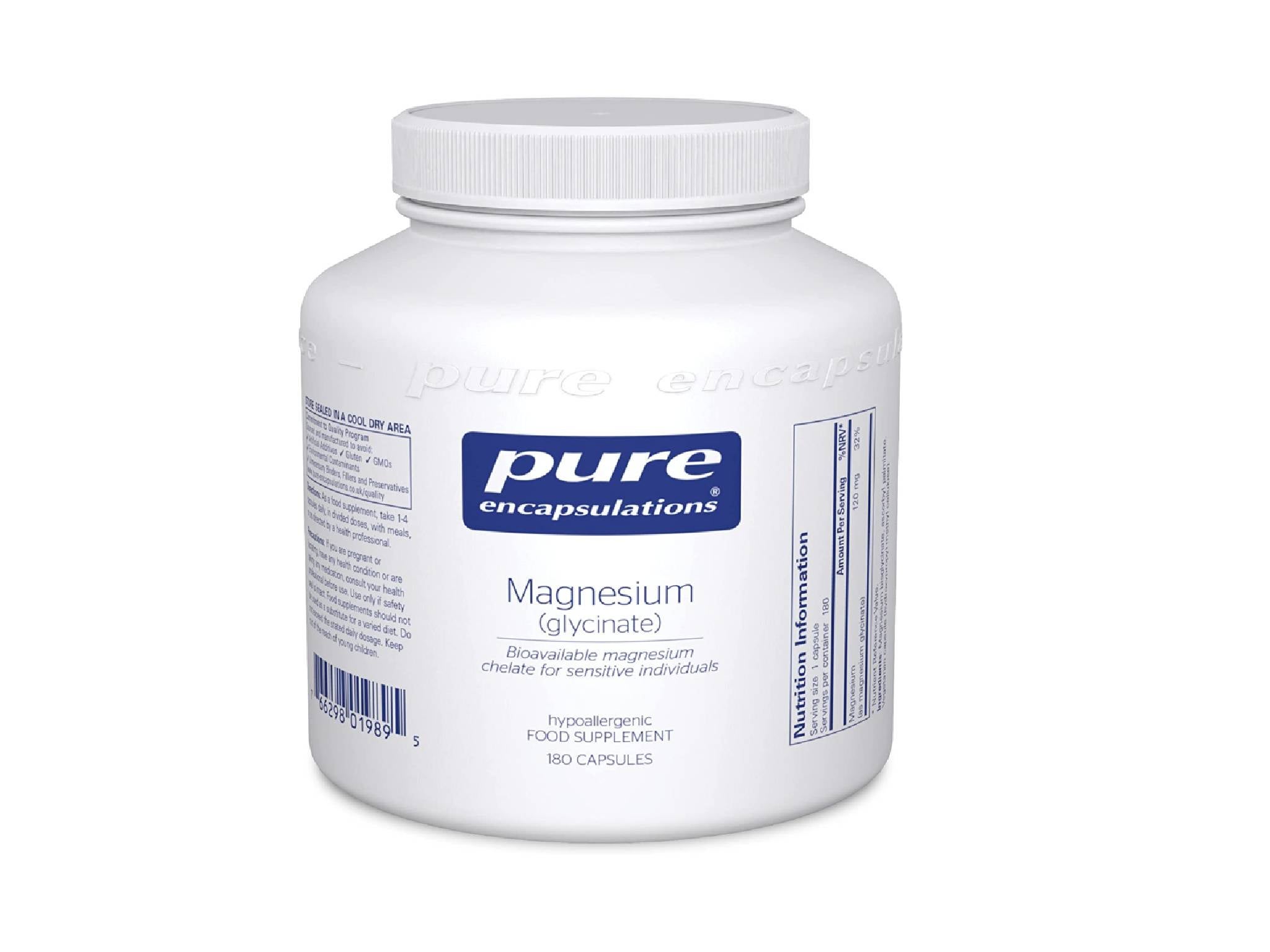
“Some forms of supplements are more bioavailable than others. For example, with magnesium, there are at least eight different kinds, and they all have slightly different benefits,” Bardwell shares. She says, of all the types, “magnesium glycinate is much better absorbed, is well tolerated by most people and it is helpful for muscle relaxation and possibly sleep”.
Bardwell recommends this Pure Encapsulations magnesium glycinate for muscle relaxation, anxiety, and restless legs. There are 180 capsules included within the bottle, and the recommended daily dosage is one to four capsules taken with a meal, in divided doses throughout the day.
Centrum Advance 50+ multivitamins and minerals: £16.13, Lookfantastic.com
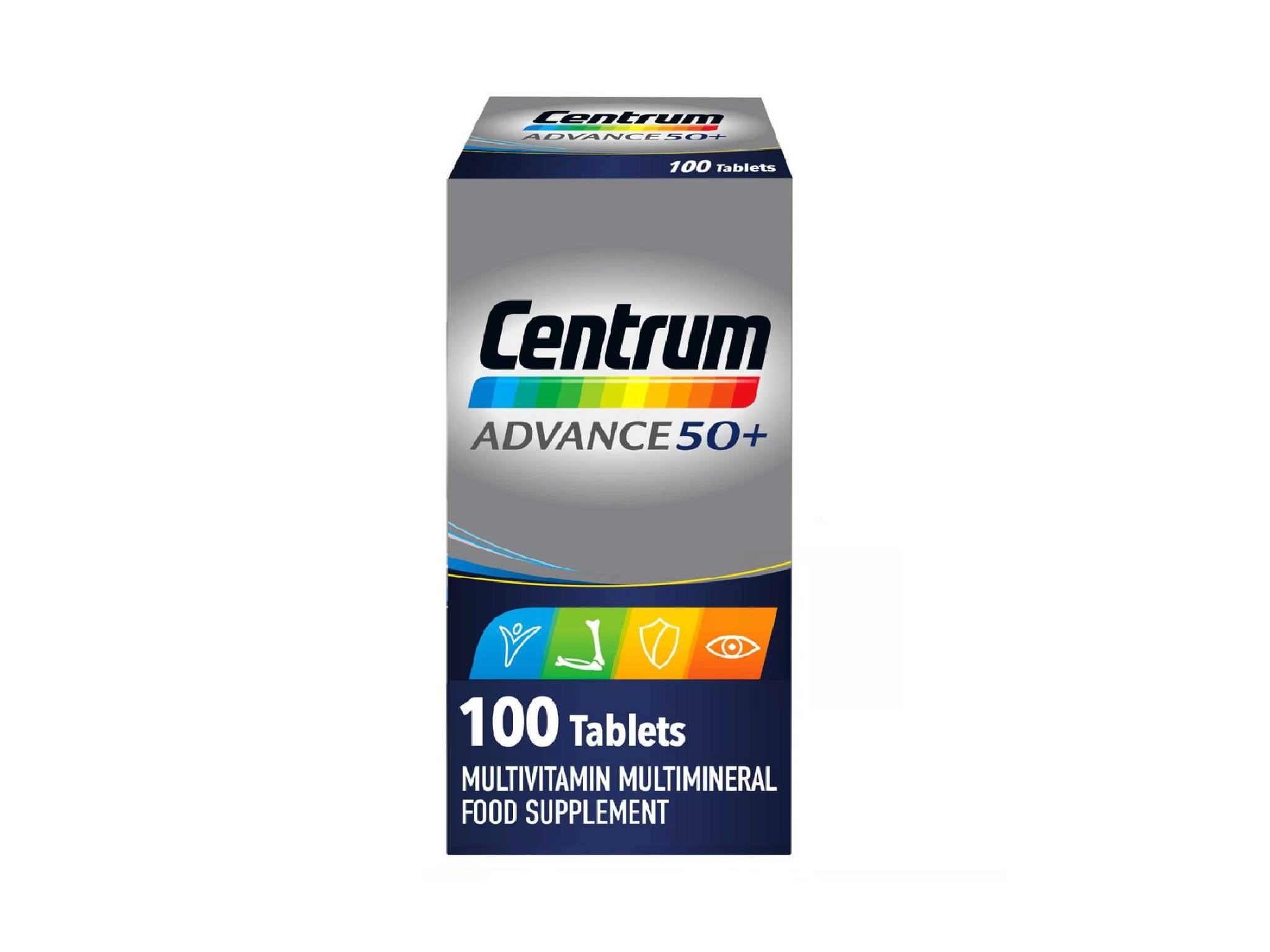
Bardwell says she has recently been recommending Centrum multivitamins to clients because new US research surveyed 2,000 people and “linked taking a multi with improved memory, executive function and cognition”.
“Midlife is the time to start making dietary changes for brain health and to reduce future risk of dementia or Alzheimer’s,” Bardwell says, adding: “While multi-vitamins can be a useful insurance policy if you’re really struggling with your diet, it’s worth pointing out that often the dosages of each ingredient can be very small.”
Bardwell explains that multivitamins can be a good investment, but not a main nutrition source and studies have underlined the importance of green leafy vegetables, berries, and fish. This complex includes vitamins A, B12, C, D and K, as well as zinc.
Menopause supplement FAQs
What are the symptoms of the menopause?
There are numerous physical and psychological symptoms of menopause, and women can experience these over a duration of anything from a few months to a few years. Common menopause symptoms include mood changes, anxiety, poor sleep, fatigue, night sweats, hot flushes, joint pain, loss of libido, brain fog and changes to skin and hair.
How do hormonal fluctuations affect our health?
Bardwell explains: “Oestrogen is used in pretty much every cell in the body. It helps with peristalsis (the movement of food through the body), production of neurotransmitters such as serotonin (which affects mood), bone-building and blood vessels.”
There are also many more uses for oestrogen, such as immunity. “When oestrogen drops, all of the above can possibly be affected. This can result in gut-related complaints like constipation or bloating, low mood, loss of bone mass, palpitations, migraines, increased UTIs and vaginal dryness, and dryer, itchier and more sensitive skin,” Bardwell adds.
Meanwhile, Bardwell says: “When progesterone levels dip, our ability to cope with stress is reduced,” and “fluctuating testosterone can impact mood, skin (acne), bones and motivation.”
What is the purpose of menopause supplements?
The purpose of menopause supplements is to provide additional nutritional support during this life stage. However, they are not a substitute for the nutritional values found in food, and should therefore be used alongside a balanced diet.
What to look for when buying menopause supplements?
Rather than simply buying a product marketed as being for menopause, it’s important to look for supplements offering support in specific areas. The likes of omega 3 could be helpful for joint pain and magnesium offers support when it comes to anxiety and sleep problems.
There can be some contraindicating factors and, for example, it is important to note that “fish oil is not advised for anyone taking blood thinners like warfarin”, Bardwell outlines.
If you’re at all unsure, always consult a qualified nutritionist or dietician before taking menopause supplements.
How can we protect our bone health during the menopause?
“Calcium is crucial for bones. We need almost 1,200mg when we hit 50 years of age (almost twice the recommendation for the under 50s),” Bardwell says.
However, she adds: “This is one ingredient that I don’t recommend supplementing unless advised by a doctor.
“Calcium supplements can cause arteries to harden. Instead, look to food sources such as dairy, sardines, broccoli, almonds, green leafy veg, sesame seeds, tofu and other soya products like milk and yoghurt,” Bardwell finishes.
When it comes to menopause supplements for bone and muscle health, she recommends taking D3 and K2.
Voucher codes
For food and drink discount codes, try the links below:
Shopping for vitamins? We’ve rounded up the best supplements to buy, according to the experts, and the best magnesium supplements




